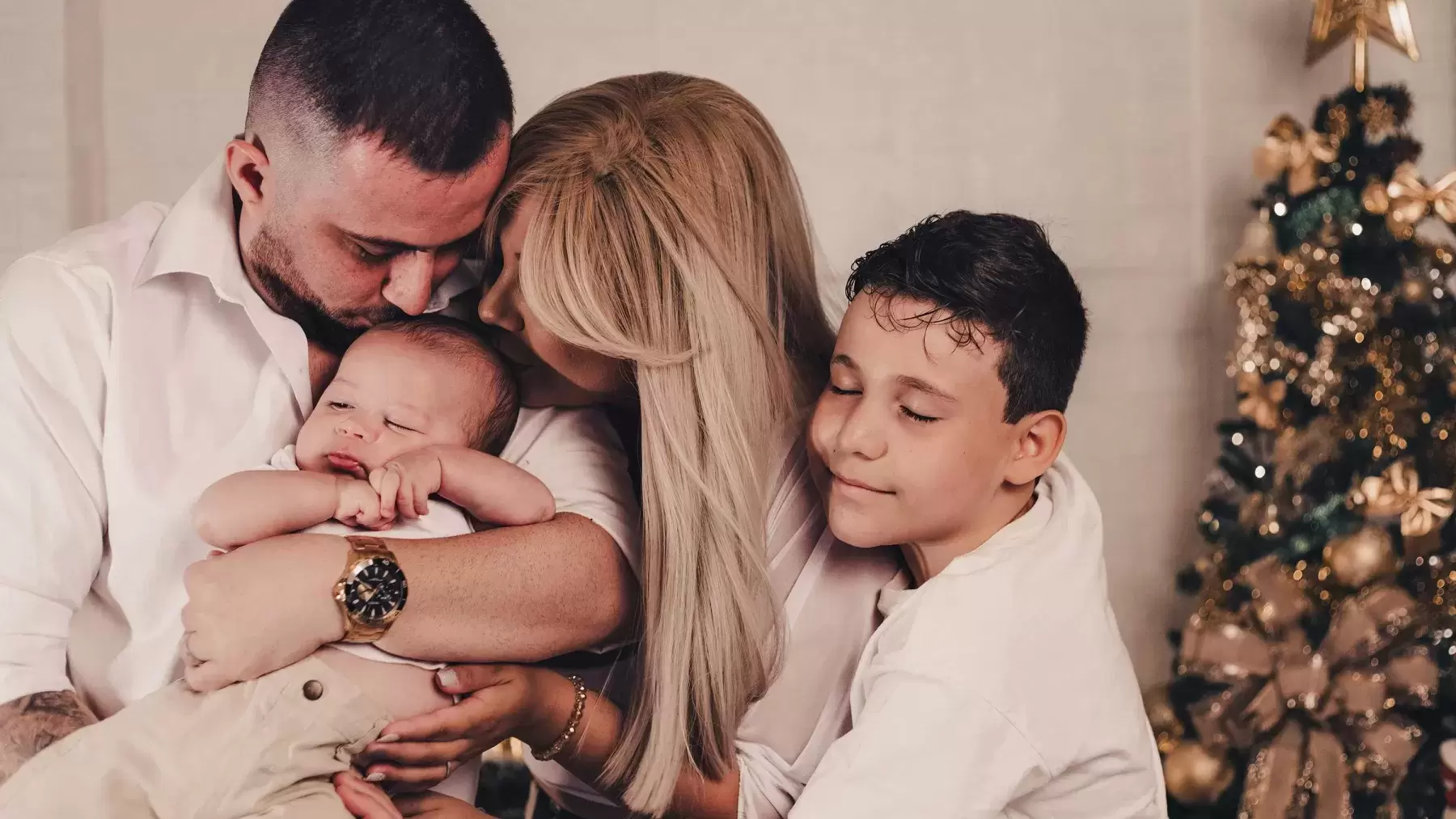
by Erin K Risner, Senior Director, Marketing & Communications, Camp Fire National Headquarters
What does the holiday season mean for you? For many, it may bring both immense stress and joy. Gatherings can highlight family tensions, disrupt sleep and routines, and normal sources of support aren’t as readily available; this may amplify the mental health struggles youth are already experiencing.
So what’s a caring adult to do? Here are 11 ideas, based on the Search Institute’s framework for positive developmental relationships:
1. Be warm and intentional: Don’t forget to individually greet kids at your next holiday get-together. Make sure they know they are welcome and that you’re happy to see them, not just their accompanying adults.
2. Include me: Include kids and teens as you’re building your holiday schedule. What gatherings, activities, or traditions mean the most to them? What are their priorities for the season? Give them a say in the decisions that affect them.
3. Respect me: If you’re getting resistance to a particular holiday tradition or gathering, stop and ask why. Listen to understand. Even if you ultimately ask for their participation, try to clearly understand their concerns first and come to a fair solution.
4. Encourage: Specific compliments go a long way. Look for opportunities to recognize a young person’s unique point of view, persistence, or character.
5. Let me lead: Consider asking the kids and teens in your family if they’d like to lead a holiday activity traditionally headed up by an adult. What would change if the kids took over? Or how can you create a new holiday tradition with the young people in your life?
6. Expect my best: Experts agree that the holidays are a good time to let the small stuff go. But when it comes to the big things — your community’s shared values, for example — keep standards high for yourself and young people.
7. Stretch: Help a young person work on a robotics project after a holiday dinner, gift a book one reading level up, or teach them a new phrase in a language they are learning.
8. Advocate: If any holiday gatherings have become potentially harmful for the young people in your life (if family members aren’t affirming of an 2LGBTQ+ teen, for example), take action. If you’re the primary caregiver, you can set protective boundaries for your family, including not attending events. If you are an extended family member or friend, ask the young person how they’d like to be supported and make a plan for how you’ll intervene. (This Parents article has some great resources!)
9. Set boundaries: If it’s within your control, set limits on the seasonal schedule. Help young people prioritize their favorite activities instead of getting overwhelmed. And keep rest at the top of the to-do list!
10. Reflect on failures: If a holiday event or activity doesn’t go as planned, debriefing calmly (and with humor, if possible!) can help young people learn failure is part of growing, not something to be scared or ashamed of.
11. Hold me accountable: If you lose your seasonal cool, model how to deliver a timely, sincere apology and any necessary restitutions. Expect the same (in developmentally appropriate ways) from any young people you’re responsible for.
Child development experts emphasize the importance of setting realistic expectations for the holidays, sticking to a normal schedule as much as possible, getting time outside, and practicing gratitude together. Simplifying gift-giving, practicing social skills before get-togethers, and giving teens space to be moody are also solid strategies.
And perhaps most of all: Find ways to care for your own needs so you can find beauty and keep showing up for the young people in your life!
Wishing you an enjoyable – and less stressful – holiday season.




